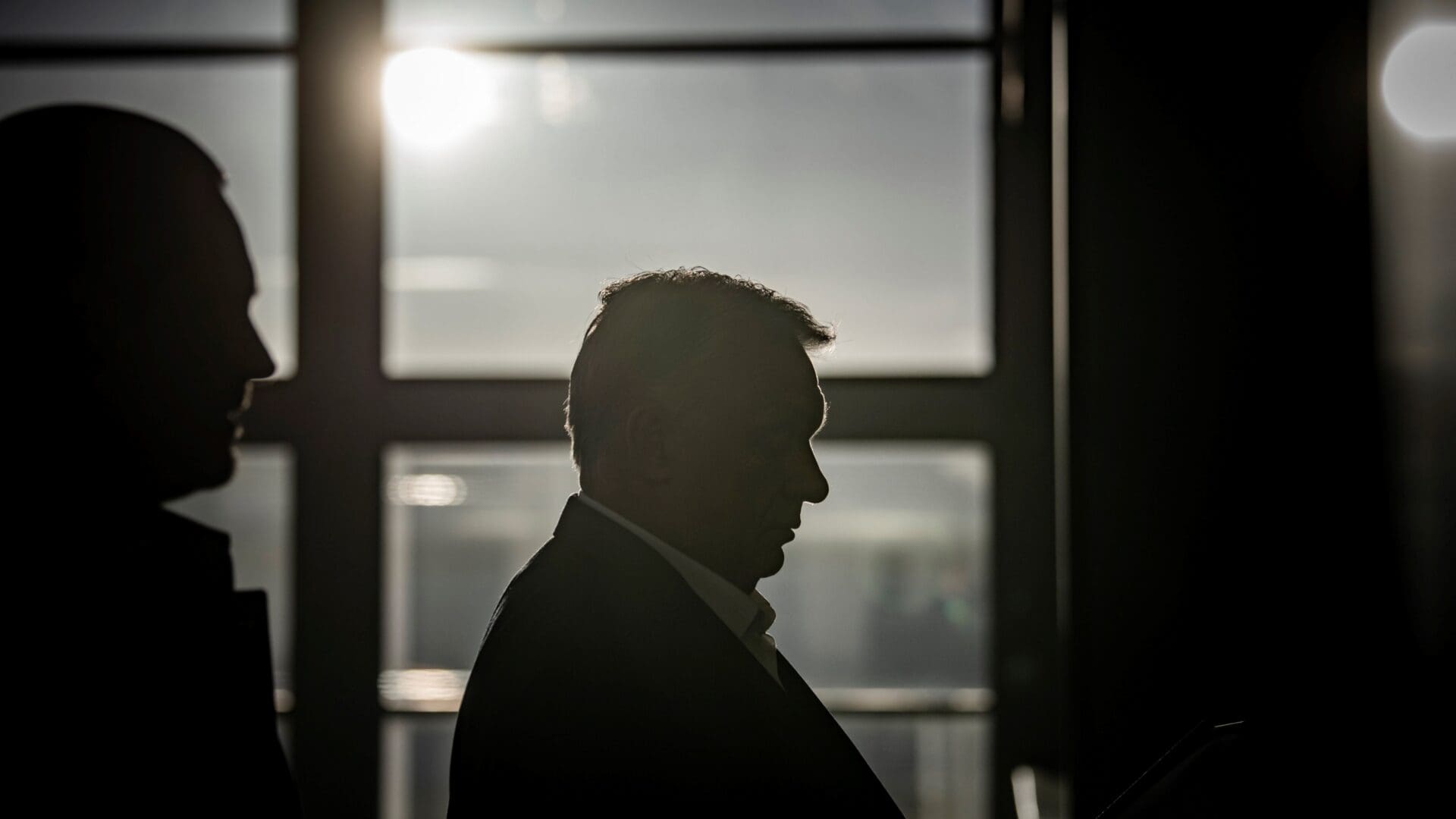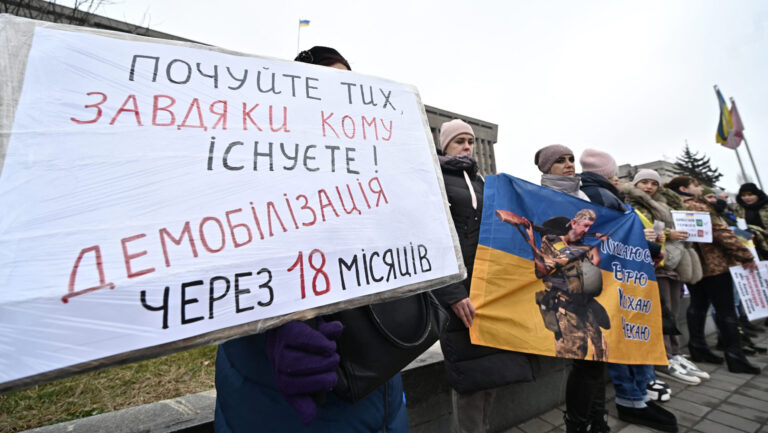Viktor Orbán gave his regular, normally weekly, Friday morning interview to public Kossuth radio today, after a three-week break. The prime minister stated that the danger of a third world war is becoming increasingly real. He emphasised the importance of a ceasefire, which he stressed represents the Hungarian position but not Europe’s. Viktor Orbán also noted that the European Union as such is now in question, as it cannot guarantee either peace or prosperity. Viktor Orbán also spoke about the government’s inflation-reducing goals.
After three weeks, Prime Minister Viktor Orbán appeared again on the morning programme of Kossuth radio. He began by underscoring that the Russo-Ukrainian war is becoming increasingly violent and brutal. It would be natural for more and more people to stand for peace, he opined, but he does not see this intention among the majority of EU leaders, whereas, as attested by surveys, the European people are moving towards peace. ‘As pain and loss increase, people turn towards peace. This sentiment has not yet reached the leaders,’ the PM said.
The Threat Of A World War
He added that a year ago, there was a debate about whether it was right to send life-taking weapons, but now we are at a point where EU leaders are sending more and more lethal arms to Ukraine. ‘We are now close to the point where it is becoming reasonable for European leaders to send some peacekeeping forces to the front,’ he said.
If this continues, we may reach a third world war, Viktor Orbán highlighted. He remarked that Western leaders are now also increasingly emphasising this fear. The Prime minister added: ‘At first, it sounds unbelievable and exaggerated, but it is a real danger.’ However, he also stressed that ‘Hungary, not Ukraine, interests me in this regard.’ Hungary does participate in the joint European ammunition procurement to help Kyiv, but is the only country in the EU that does not deliver any weapons or ammunition to Ukraine.
He said Westerners claim that the war and supporting Ukraine is the right thing to do. ‘But it is not,’ he declared, then added that what is at stake world war or world peace. He remarked that the way he sees it, the world is more aligned with the Hungarian position, ‘but we are a minority in Europe regarding peace.’
The PM stated that everyone is aware that the national parliament cannot be bypassed when it comes to serious decisions. The question of whether Hungary should participate in the war will be decided in the Hungarian parliament. He revealed that today, Friday, 31 March, the National Assembly will adopt a resolution demanding a ceasefire.
‘We shouldn’t be talking about peace negotiations, but about a ceasefire. If there is a ceasefire, there is a chance to consider the course of peace negotiations. First, a ceasefire is needed so that no more people die, no more cities are destroyed, and no civilians are killed. Once this is achieved, a breakthrough can be made,’ Viktor Orbán said. He added that the left has problems with the government’s peace resolve, but he thinks the opposition will have the chance to switch sides.
Viktor Orbán shared that since the Russian attack, a large part of his work has been dedicated to following the war events and trying to understand the thinking of his counterparts in the neighbouring countries. He said he believes that only a few countries have really understood what they were getting into, and one of those is the United States.
‘They stood at the edge of the well and looked into it. Nevertheless, they boldly and proudly plunged into the war. There were some countries like this, but most did not decide this way. The Germans were typically among those who wanted to stay out of it, did not want to go further, but were always pressed further. There are many countries that did not want to be where they are now. The war supporters endangered the EU’, Orbán said. He added that his government expects two things from the EU: a lasting peace and the preservation of the achieved level of prosperity.
Effect of Sanctions Unclear
The PMs aid that war and sanctions destroy the economy, and thus the entire existence of the EU is now in question because it gave up the two goals: peace and prosperity. ‘If Europe continues to weaken, regardless of the war, there may be far-reaching consequences’, he added.
Viktor Orbán also talked about the part of his job that involves assessing risks and correcting EU mistakes. He reminded that according to the Western press, it is impossible to weaken the Russian economy, but he added that conflicting news reports appear about that. Data provided by the Russians about their economy can be questionable, but it is not expected that they will tell the truth during a war. However, assessing the success of sanctions takes years, he added.
‘There is a saying that people tell the biggest lies before elections, after fishing, and during war. Based on what I assume, I saw what happened after 2015. In 2015, we imposed sanctions against Russia, but did not affect the vital parts. Underestimating the adaptability of a country is a fatal mistake,’ he declared, adding that the Russians are adapting to the situation.
Tackling Inflation
‘The goal of the Hungarian government is to achieve single-digit inflation by the end of the year,’ said the PM. He emphasised that this will not decrease by itself, it must be tackled. ‘We have to grab it by the neck and break it’. He added that we have done this job, we have administered the vaccine, and it will work.
‘I don’t want to strike an optimistic tone, but the first signs of improvement are emerging. An anti-inflation competition has emerged; the Consumer Protection and the Competition Authorities are conducting continuous inspections,’ said the Prime Minister. He opined that the ‘vaccine’ administered by the government is not yet 100 per cent effective, but it is efficient. ‘As long as inflation is very high, we must have a price cap; we have been able to protect the utility cost reduction system,’ the Prime Minister underscored. ‘As inflation decreases, we will gradually lift the price cap,’ he added.








